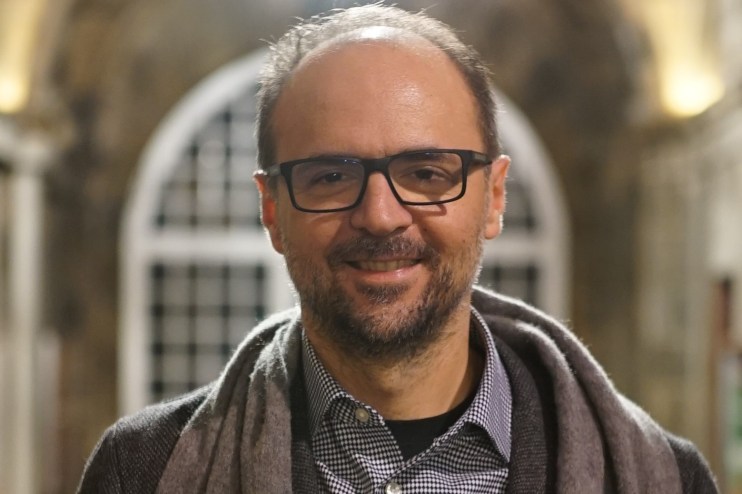Input Output announces investment in blockchain scalability research at Stanford School of Engineering

Input Output today announced a gift to support research in a blockchain scalability solution which aims to allow blockchains to process many transactions even with limited connectivity, at the Tse Lab, Department of Electrical Engineering of Stanford University.
Under the agreement, Input Output has contributed $500,000 to the research effort. The collaboration will fund research into a solution – dubbed ‘Verifiable Digital Fountains’ – which would, for the first time, enable blockchain transactions to be verified without continuously downloading data so that blockchains could process many transactions even with limited connectivity and electricity.
The solution would allow people to help run a blockchain network with intermittent power and a simple cell phone. With networks such as Bitcoin currently consuming as much energy as Argentina, the innovation would also allow transactions to be verified without excessive demands on electricity, dramatically reducing the energy consumption of blockchain.
Input Output has focused on academic rigour and formal methods since its creation, with its researchers having contributed to a library of more than 100 peer-reviewed academic papers. Staff at Input Output is made up of many leading academics, including its Chief Scientist – Aggelos Kiayias (pictured) – who is also chair in cybersecurity and privacy at the University of Edinburgh.
“We are very pleased to support the Stanford Department of Electrical Engineering,” Kiayias said.
“Verifiable Digital Fountains not only have enormous potential to solve the ‘data availability’ problem, which the blockchain industry is facing when it comes to scalability, but could also open up digital financial services to developing world populations living ‘off the grid.”